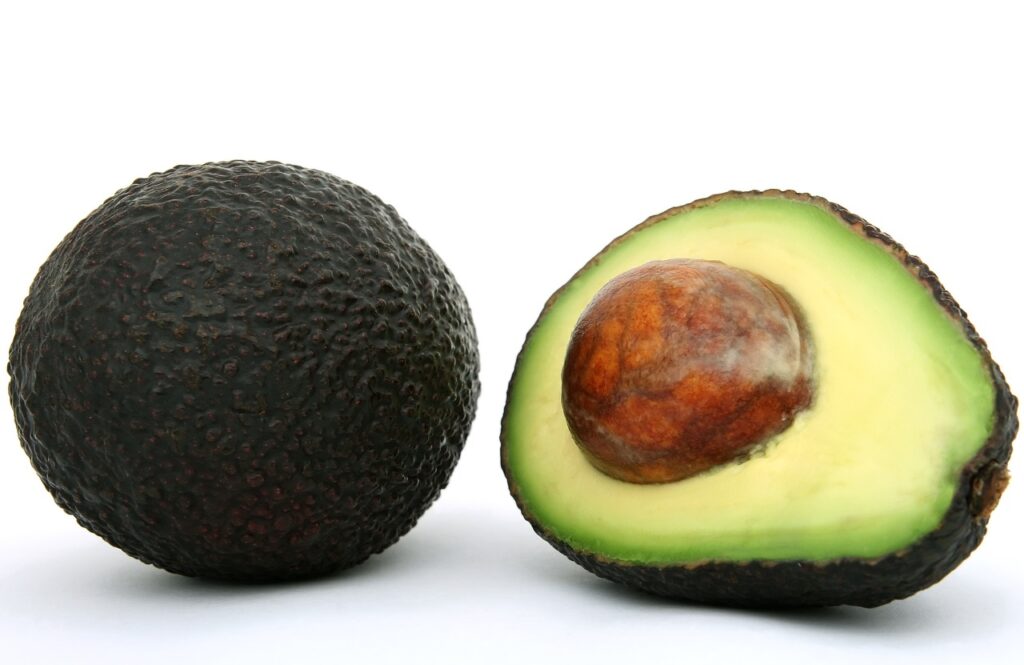
The use of vitamins for weight loss
Looking to shed those extra pounds? The use of vitamins for weight loss has become a popular topic of discussion. Some claim that certain vitamins, like B12, vitamin D, omega-3 fatty acids, and green tea supplements, can help in the battle against the bulge. However, it’s important to note that there is limited scientific evidence to support these claims. While vitamins can play a role in overall health, it’s not advisable to rely solely on supplements for weight loss. The real key lies in investing in lifestyle changes, such as regular exercise and a balanced diet. So, put down those magic pills and focus on nourishing your body with the right foods and staying active – it’s a more effective approach for achieving your weight loss goals.
Table of Contents
ToggleClaims about certain vitamins for weight loss
Vitamin B12
Vitamin B12 has been touted as a potential aid for weight loss by some individuals and supplement companies. It is claimed that Vitamin B12 helps to boost metabolism and increase energy, thereby aiding in weight loss. However, it is important to note that scientific evidence supporting these claims is lacking.
Vitamin B12 is an essential nutrient that plays a crucial role in the production and function of red blood cells, as well as in the maintenance of the nervous system. While it is important for overall health, there is no direct evidence to suggest that consuming high levels of Vitamin B12 promotes weight loss.
Vitamin D
Another vitamin often associated with weight loss is Vitamin D. It has been suggested that Vitamin D deficiency is linked to weight gain, and therefore, increasing Vitamin D intake can help with weight loss. However, the scientific evidence supporting this claim is limited.
Vitamin D is primarily synthesized in our body when our skin is exposed to sunlight. It is also found in certain foods, such as fatty fish, fortified dairy products, and fortified cereals. While Vitamin D is essential for maintaining bone health and supporting immune function, there is no strong evidence to suggest that increasing Vitamin D levels alone can result in significant weight loss.
Omega-3 fatty acids
Omega-3 fatty acids, particularly those found in fish oil supplements, have gained popularity for their potential benefits in weight loss. It is claimed that these fatty acids can reduce inflammation, improve insulin sensitivity, and increase fat burn. However, the scientific evidence supporting these claims is inconclusive.
Omega-3 fatty acids are a type of polyunsaturated fat that are primarily found in fatty fish, like salmon, mackerel, and sardines. They have been associated with various health benefits, including reducing the risk of heart disease. While omega-3 fatty acids are essential for overall health, their direct impact on weight loss is not yet fully understood.
Green tea supplements
Green tea supplements, often marketed as weight loss aids, are believed to increase metabolism and promote fat burn. These claims are primarily based on the presence of caffeine and antioxidants in green tea. However, scientific evidence supporting the effectiveness of green tea supplements for weight loss is limited.
Green tea contains compounds known as catechins, which are antioxidants that have been shown to have potential health benefits. However, the results of studies exploring the impact of green tea on weight loss have been inconsistent. Moreover, the doses of green tea extracts used in these studies are much higher than what is typically consumed through a cup of green tea.
Lack of scientific evidence
While the claims about vitamins such as B12, Vitamin D, omega-3 fatty acids, and green tea supplements may sound promising, it is essential to recognize the lack of scientific evidence supporting their effectiveness for weight loss. Many of these claims are based on anecdotal reports or small-scale studies that have not been replicated or further validated.
Weight loss is a complex process that involves a combination of factors, including calorie intake, physical activity, metabolism, and overall lifestyle. It is unlikely that consuming high levels of specific vitamins or relying solely on supplements will result in significant and sustainable weight loss.
Importance of exercise and healthy diet
Instead of relying solely on vitamins and supplements for weight loss, investing in lifestyle changes such as regular exercise and a healthy diet is crucial. Exercise not only helps to burn calories but also improves cardiovascular health, increases muscle mass, and boosts metabolism. Combining cardiovascular exercises, strength training, and flexibility exercises can provide a well-rounded approach to weight loss.
A healthy diet is equally important in achieving and maintaining a healthy weight. Focus on consuming nutrient-rich foods such as fruits, vegetables, whole grains, lean proteins, and healthy fats. Avoid highly processed foods, sugary beverages, and excessive intake of saturated fats and sodium. Incorporate portion control and mindful eating practices to ensure a balanced and sustainable approach to weight loss.
Recommended sources of vitamins for weight loss
While relying solely on vitamins for weight loss may not yield the desired results, it is still important to ensure adequate intake of essential nutrients through a balanced diet. Here are some recommended sources of vitamins that can support your weight loss journey:
Fortified cereal
Opt for fortified cereals that are fortified with vitamins and minerals, including B12 and Vitamin D. Look for cereals made from whole grains and with minimal added sugars. Pair your cereal with low-fat or plant-based milk for added nutrients.
Fish
Incorporate fatty fish, such as salmon, mackerel, and sardines, into your diet. These fish are rich in omega-3 fatty acids and can provide various health benefits. Aim for at least two servings of fatty fish per week to ensure an adequate intake of omega-3 fatty acids.
Calcium-rich foods
Include calcium-rich foods in your diet, such as dairy products, fortified plant-based milk, tofu, and leafy green vegetables. Calcium plays a role in weight regulation and metabolism, making it an important nutrient for weight loss.
Investing in lifestyle changes for effective weight loss
While it may be tempting to rely on quick fixes such as vitamin supplements for weight loss, it is important to recognize that sustainable weight loss requires long-term lifestyle changes. Focus on incorporating regular exercise, adopting a healthy diet, and maintaining overall wellness. Consult with a healthcare professional or registered dietitian for personalized guidance and support on your weight loss journey. Remember, there are no magical pills or shortcuts when it comes to achieving and maintaining a healthy weight. It is the combination of healthy habits that will lead to lasting results.
Discover the truth about using vitamins for weight loss. While popular, scientific evidence supporting their effectiveness is limited. Focus on lifestyle changes for long-term results.





